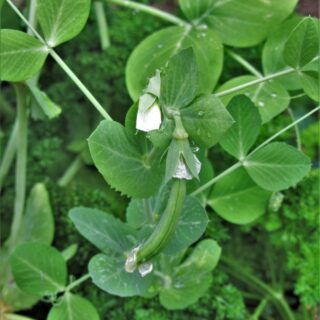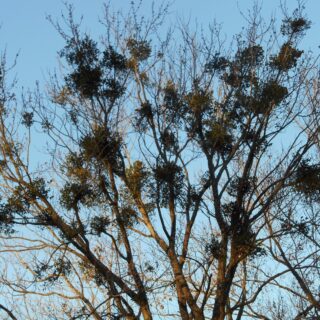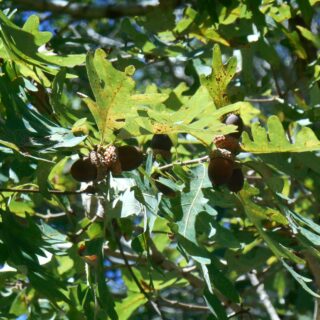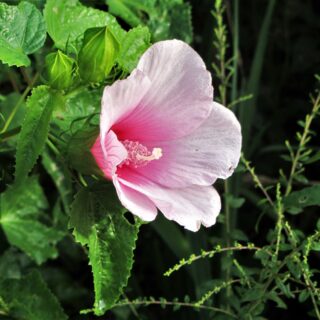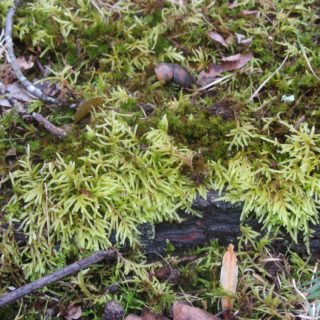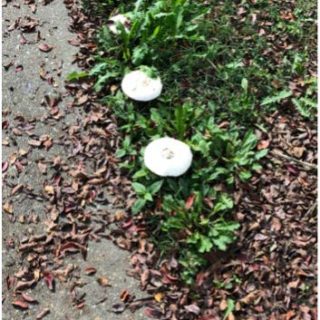Natural Plant Fertilizers for Your Garden
How do you fertilize your garden without buying any fertilizer? That is a key question for gardeners and farmers throughout the world today, as it was a key concern for our ancestors who couldn’t purchase commercial fertilizers for their fields. Soil must be fed to remain productive. Many popular crops, like corn and cotton, deplete the soil after just a few years. Our ancestors learned to use many natural fertilizers to keep their soil productive. The Importance of...

